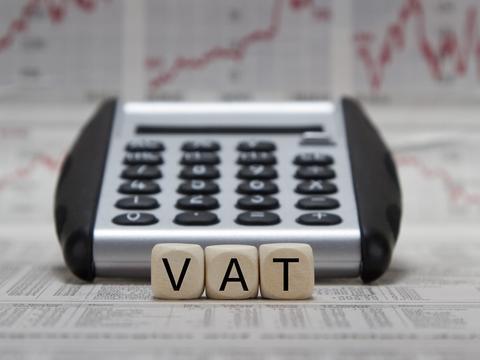
Is annual accounting for VAT worth considering?
Annual accounting
As the name suggests, VAT annual accounting is an HMRC scheme that allows a business to submit a single VAT return each year instead of the usual four. That alone makes the scheme attractive, but it also means paying fixed VAT payments plus an annual balancing payment. Monthly payments are the norm, but the business can ask HMRC to go quarterly.
Choose thedate carefully
The annual accounting scheme rules allow the business to choose the starting point for theannual return. Picking the right date to suit the business can give a cash-flow advantage.
Ifthe trade is seasonal, choosing an annual return period that starts at the beginning of the seasonal boom gives the best result.
Example. Bill and Ben own three restaurants in seaside towns. 75% of their £800,000 (excluding VAT) annual turnover occurs in July to September. Before annual accounting they made VAT returns for calendar quarters meaning that £120,000 of their annual VAT was payable at the end of October each year, while the remaining £40,000 was spread over the other three VAT quarters.
They applied for an annual accounting year starting on 1 July. This meant their VAT bill in October was just £40,000 which allows them to hang on to the difference of £80,000 (£120,000 - £40,000) an extra three to nine months.
The annual return and payment
Once in the scheme the monthly or quarterly payments are based on the VAT bill for the previous twelve months. This means if turnover is growing there is another cash-flow advantage.
Example. In the first year of using the scheme Bill and Ben’s turnover increased so that their annual VAT bill rose to £200,000. However, their first three quarterly payments in the second year remain at £40,000. Of course, they must pay the difference and this is due one month after making their annual return, which must be submitted by 31 July. Their VAT payments for their third year in the scheme are based on their second year and so are £50,000 per quarter.
Beware a reducing VAT bill
If the VAT payable for a year is less than the previous one, say because of falling turnover or increased purchases, the fixed payments under the annual accounting scheme will exceed the actual liability. If the business thinks that’s going to happen it can apply to HMRC to reduce the payments.
Joining the scheme
A business can apply to HMRC to use the annual accounting scheme if it expects to make VATable supplies of up to £1,350,000 (excluding VAT) in the next twelve months. But it can’t apply if it's registered for VAT as part of a group, has stopped using annual accounting in the previous twelve months or owe VAT which is overdue.

